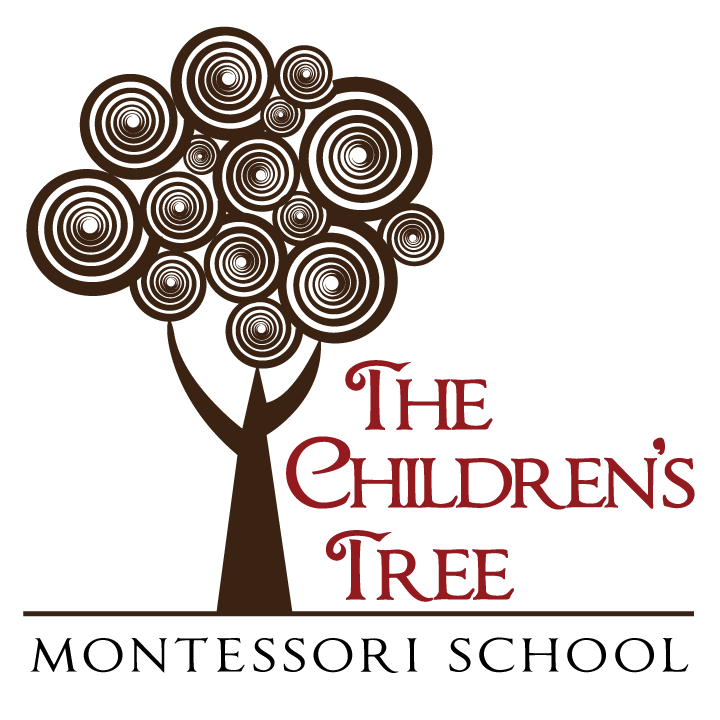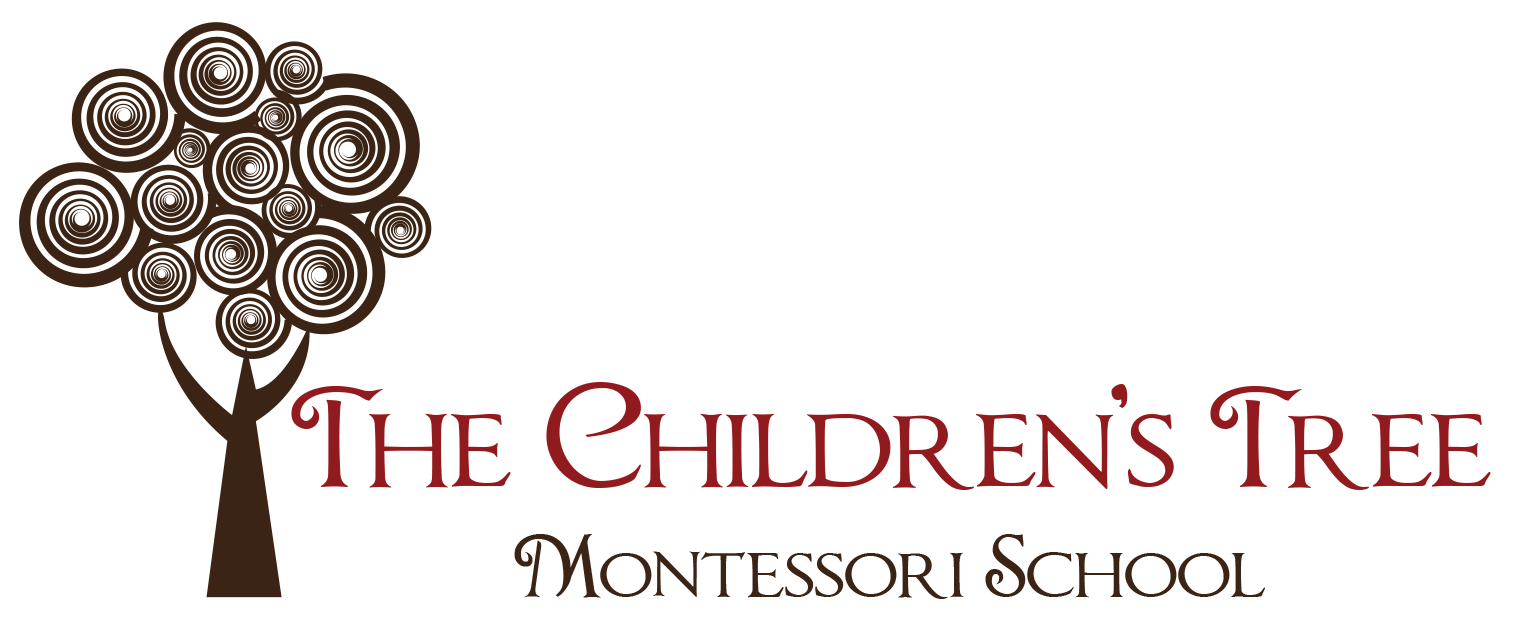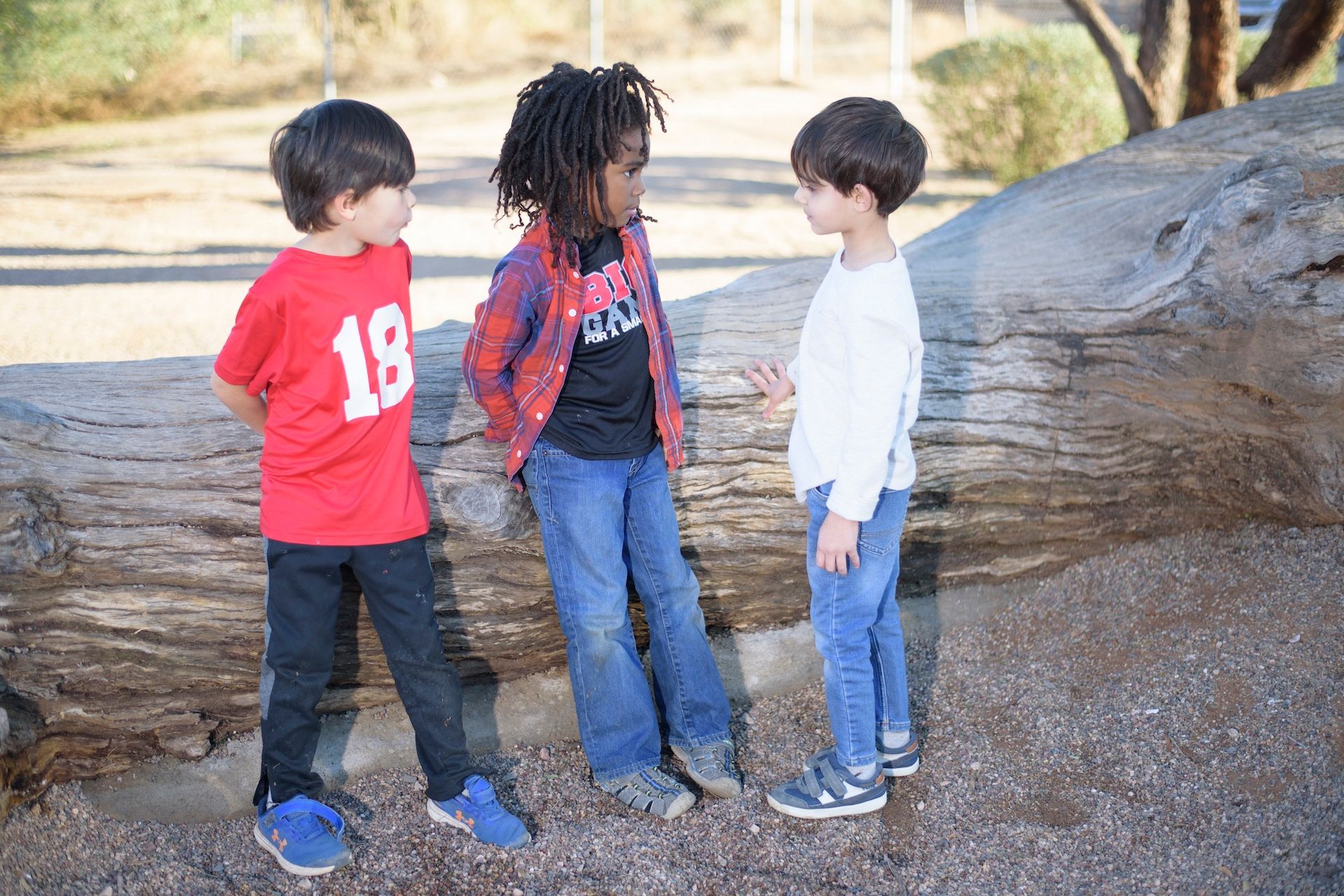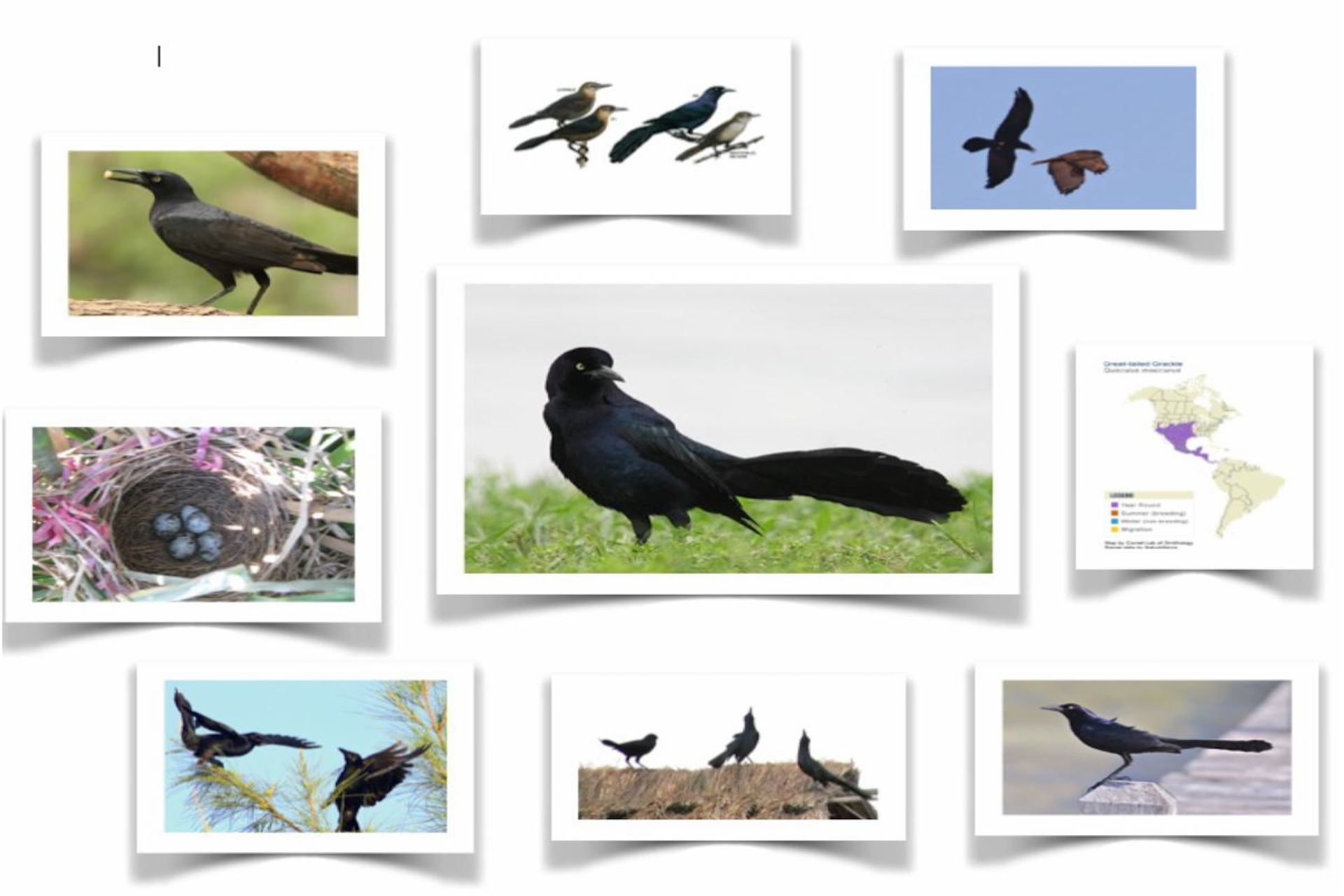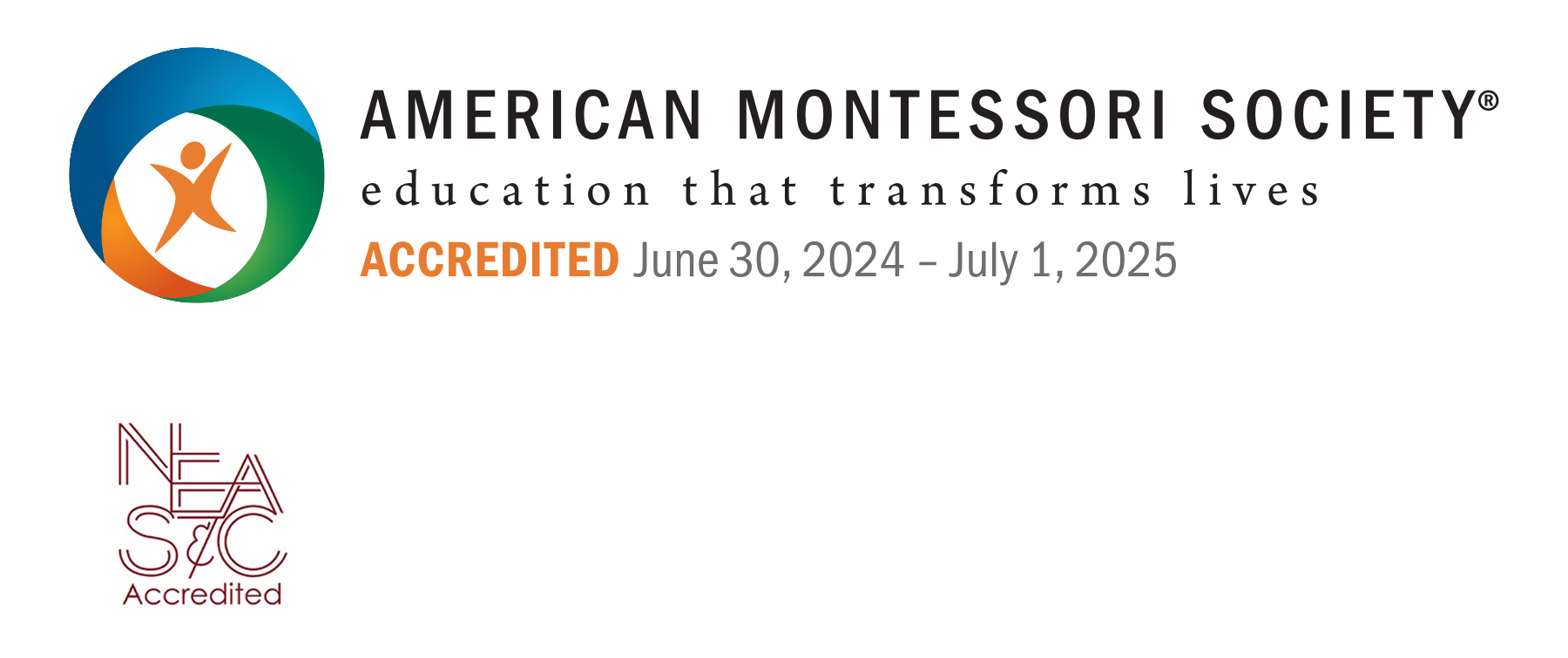What does assessment look like in Montessori?
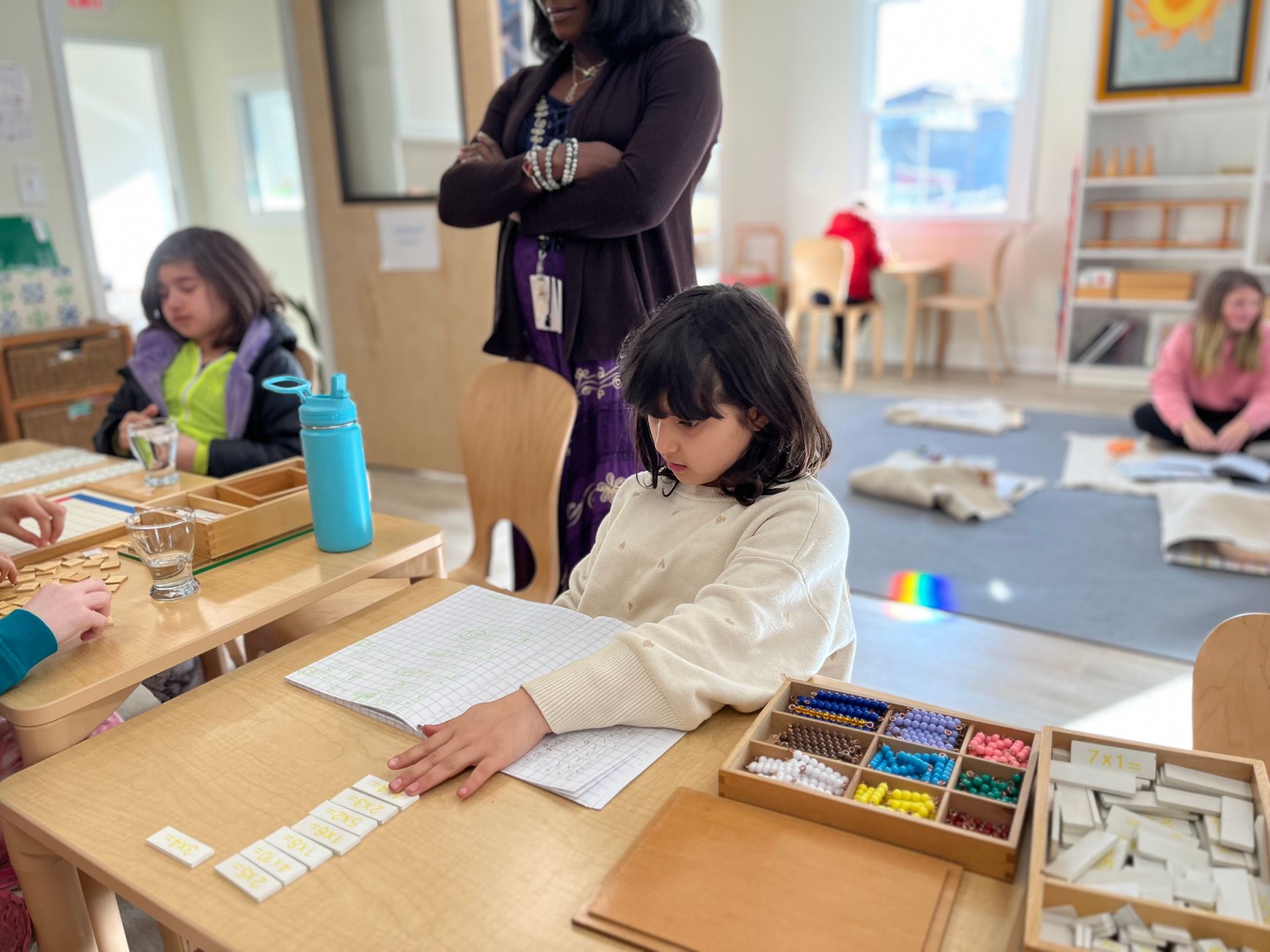
So often we get asked how Montessori guides assess children’s work and progress without relying on quizzes, tests, or grades. If we remember that Montessori is about learning for life, we can flip this question and ask, how does assessment work when we move outside school walls and step into the world of work? In our work environments, do we have tests and grades? If so, how do they help us grow and improve in what we do?
Interestingly, a 1999 document “An Employer's Guide to Good Practices” from the U.S. Department of Labor Employment and Training Administration, has a whole chapter on issues and concerns with assessment, including the “limitations of tests in providing a consistently accurate and complete picture of an individual's related qualifications and potential.”
Before we dive into how we can get an accurate and complete picture of skills and potential, let’s first think about traditional forms of assessment and how they are designed to monitor students’ learning.
What do tests, quizzes, and grades really measure?
Rather than a measure of how much students have learned, grades tend to measure how good students are at getting good grades. If we want students to have curiosity and intrinsic motivation to understand, it’s important to first recognize that grades inhibit that process. Rather than concentrating on learning, students’ focus becomes on doing what it takes to get a good grade.
When students are preparing to take a test or quiz, they are trying to anticipate what will be asked. In the process, they are trying to fulfill external expectations. Often after the exam is over, students lose interest in the content because their relationship with the material is about learning certain information to achieve a grade or pass the exam.
It’s important to thus recognize that grades don’t measure students' effort, creativity, grit, compassion, sense of place in society, character, capability, or even intelligence.
Grades do measure students’ ability to memorize and anticipate what will be asked. With that in mind, students do need to show some knowledge and skill when taking an assessment. While we hope that grades measure how well students have mastered central concepts, the very act of administering a test and assigning a grade means that the outcome is based more on how well students take the test rather than how much they actually learn.
What if we designed assessments that provide a more accurate reflection thinking and problem-solving?
So it’s worth thinking about what we actually want to assess. Do we want students to just acquire new content knowledge or be able to apply this knowledge to new or existing situations? Do we want to see if students can produce something that demonstrates their understanding of the content or skill? Do we want to assess their writing ability, speaking skills, creativity, collaborative process, or organization?
If we focus on authentic assessments, we are asking that students apply what they have learned to a new situation, or perhaps we are requiring them to use some judgment to think about what information and skills are relevant and how they can be used. Similar to how adults are “tested” in work or personal life, often authentic assessments are tied to a real-world or complex situation.
In addition, authentic assessments offer students the opportunity to rehearse, practice, consult resources, and get feedback so as to refine what they are doing. Students can be innovative in this process and as a result, are often extremely self-motivated.
